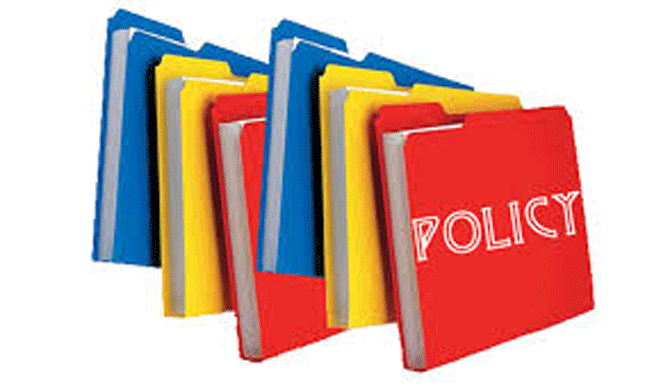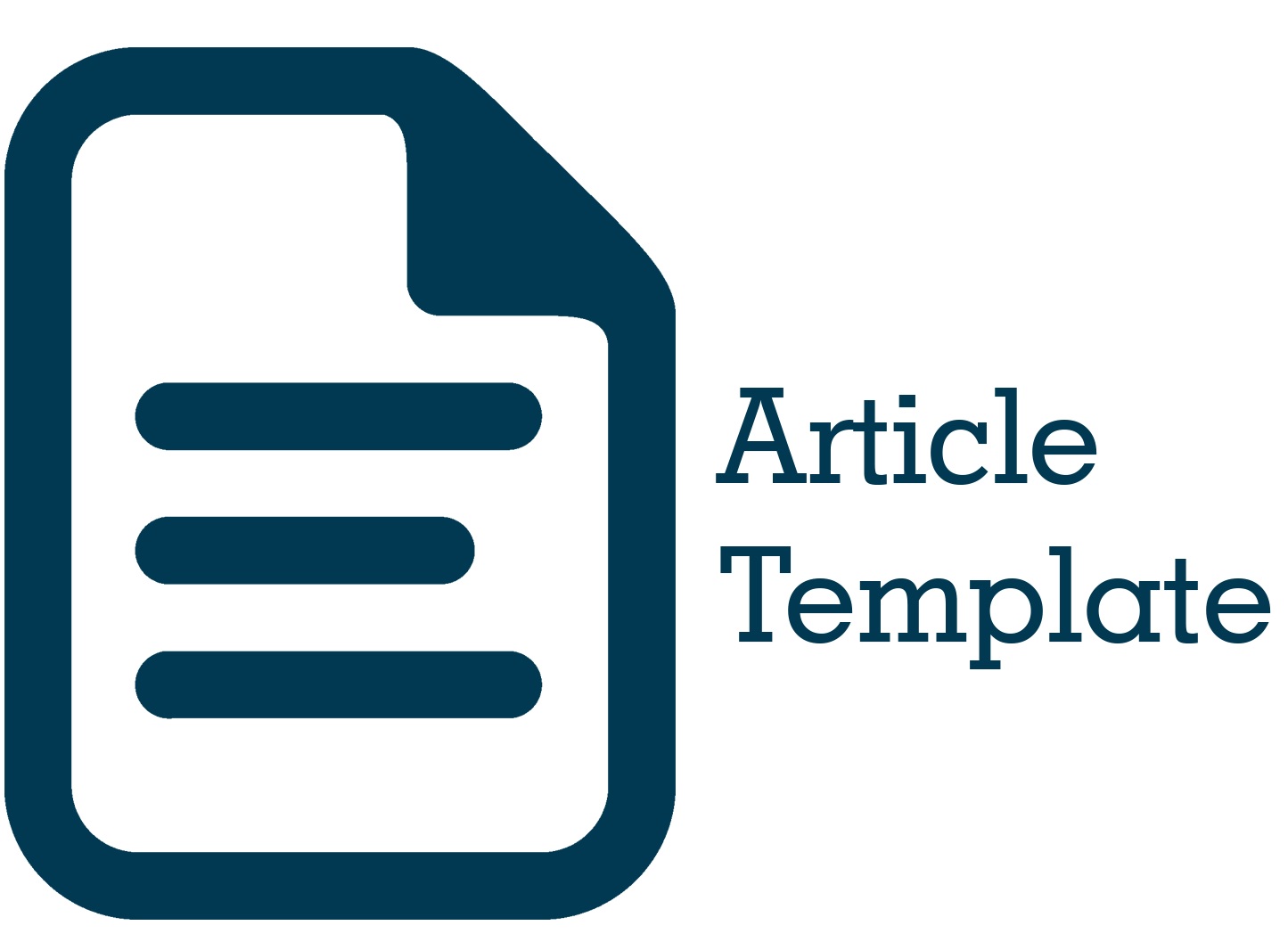Implementing Pekanbaru Regulation No. 10/2021; Narcotics Prevention Case Study
DOI:
https://doi.org/10.51135/PublicPolicy.v5.i2.p958-972Keywords:
Implementation, Policy Implementation, Prevention of Drug Abuse and Illicit Trafficking (P4GN), National Narcotics Agency of Pekanbaru CityAbstract
The residents of Pekanbaru City are This study examines the implementation of drug prevention programs in Pekanbaru City, which are guided by Regional Regulation Number 10 of 2021, focusing on prevention efforts. Using George Edward III's implementation theory, the research identifies key barriers to successful program execution, such as limited budget, inadequate socialization, and insufficient human resources. These factors hinder effective communication and program activities. The study concludes that improvements in resource allocation, communication, and structural support are needed for more effective and comprehensive drug prevention efforts in the city.
Downloads
References
Agustino, L. (2020). Dasar Dasar Kebijakan Publik (Revisi Kedua). Alfabeta.
Grindle, M. S. (1980). Politics and Policy Implementation in the Third World. Princeton University Press.
Jumroh dan Pratama. (2021). Implementasi Pelayanan Publik : Teori dan Praktik. Insan Cendekia Mandiri.
Mahendra, M., & Zulkarnaini, Z. (2021). Implementasi Peraturan Walikota Pekanbaru Nomor 19 Tahun 2018 Tentang Pedoman Pengelolaan Pelayanan Informasi dan Dokumentasi di Lingkungan Pemerintah Kota Pekanbaru. Cross-Border, 4(2), 623–636, https://journal.iaisambas.ac.id/index.php/Cross-Border/article/view/960/770
Mazmanian, D. A., & Sabatier, P. A. (1983). Effective Policy Implementation. University of Texas Press.
National Narcotics Agency (BNN). (2021). Official Report on Drug Abuse and Prevention Measures.
Patarai, M. I. (2020). Kebijakan Publik Daerah Posisi dan Dimensinya Dalam Perspektif Desentralisasi Kebijakan. De La Macca, Makassar. ISBN 978-602-263-179-8
Peggy C. Stephens, Zili Sloboda & Deric Kenne, (2017). Evaluation of Substance Abuse Prevention and Treatment Programs, in book Research Methods in the Study of Substance Abuse, http://dx.doi.org/10.1007/978-3-319-55980-3_20
Pramono, J. (2020). Implementasi dan Evaluasi Kebijakan Publik. UNISRI Press.
Prasetya, F., & Pangestuty, F. W. (2021). Analisis Kebijakan Publik. UB Press.
Pressman, J. L., & Wildavsky, A. B. (1984). Implementation: How Great Expectations in Washington Are Dashed in Oakland; Or, Why It's Amazing That Federal Programs Work at All. University of California Press.
Stephan Arndt, (2006). Science and Policy in Substance Abuse, Substance Abuse Treatment, Prevention, and Policy, 1(1), https://doi.org/10.1186%2F1747-597X-1-1
Subianto, A. (2020). Kebijakan Publik. Briliant.
Sueca, I. N. (2020). Implementasi Kebijakan Program Keluarga Harapan Dalam Meningkatkan Mutu Pendidikan. Sefa Bumi Persada.
Tresiana, N., & Djuadji, N. (2021). Implementasi Kebijakan Publik (Pentingnya Kapital Sosial dan Koproduksi). Suluh Media.
William B. Hansen, (2002). Program Evaluation Strategies for Substance Abuse Prevention, Journal of Primary Prevention, 22(4), https://link.springer.com/article/10.1023/A:1015231724053.

Downloads
Published
How to Cite
Issue
Section
License
Copyright (c) 2024 author(s)

This work is licensed under a Creative Commons Attribution-ShareAlike 4.0 International License.
Authors whose manuscripts are published in the Journal of Public Policy must agree to the following terms;
- Publication rights for all manuscript materials published are held by the editorial board with the author's consent.
- The legal formalities for digital access to the Journal of Public Policy are subject to the Creative Commons Attribution Sharealike (CC BY SA) license, which means the Journal of Public Policy has the right to store, redistribute, reformat, manage in a database, maintain, and publish the manuscript without seeking permission from the author as long as the author's name is included as the copyright owner.
- Published manuscripts are open access for the purpose of disseminating research results. Besides this purpose, the editorial board is not responsible for copyright law violations.


.png)



